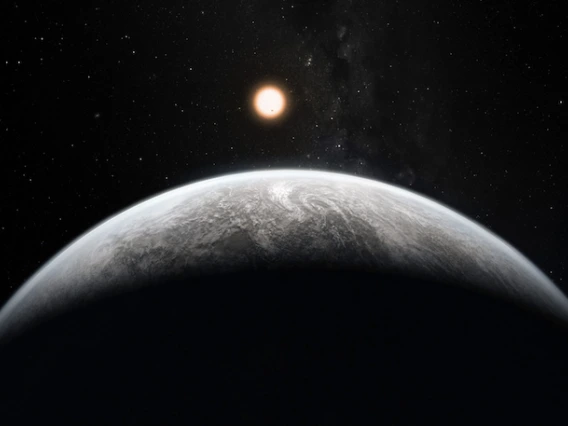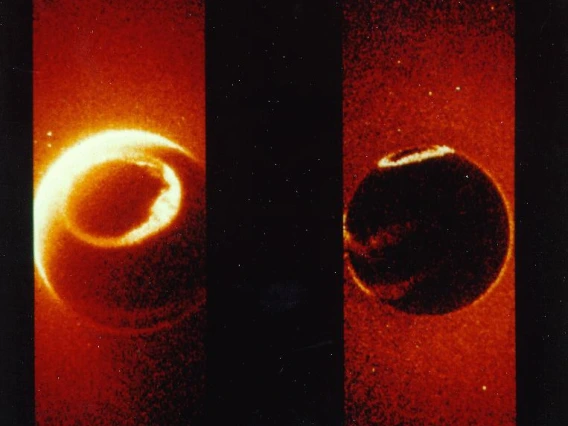Planetary Atmospheres Initiative
The TAP Planetary Atmospheres Initiative brings together researchers from across the University of Arizona working to understand the physical and chemical processes that govern planetary and exoplanetary atmospheres. Key motivating questions include: (1) How can the composition of a planetary atmosphere serve as a probe of the world's formation history? (2) How do atmospheric processes create signatures that are accessible to remote characterization? (3) Are there habitable or even inhabited worlds beyond Earth, and could we discriminate these from all other types of planets?
Join the Planetary Atmospheres Mailing List
For meeting times and locations contact Exoplanet Atmosphere Initiative Leads Brittany Miles, Sukrit Ranjan, or Tyler Robinson.
Upcoming Planetary Atmospheres Initiative Lectures
TAP Planetary Atmospheres Initiative Lectures are scheduled for the Fall 2026 semester.
Upcoming Planetary Atmospheres Computational Workshops
TAP Planetary Atmospheres Initiative Computational Workshops are scheduled for the Fall 2026 semester.
Affiliated Research Groups

The Miles Research Group
The Miles group uses observations to understand the composition, structure, and weather activity of exoplanets. We develop novel instruments to directly image and characterize Earth-like planets.

The Ranjan Research Group
The Ranjan group approaches questions of planetary atmospheres through the lens of UV-driven processes such as photochemistry and escape.

The Robinson Research Group
The Habitability, Atmospheres, and Biosignatures Laboratory (HABLab) uses theoretical models to understand planetary climate, remote sensing, and detectability of life-related processes for exoplanets.


